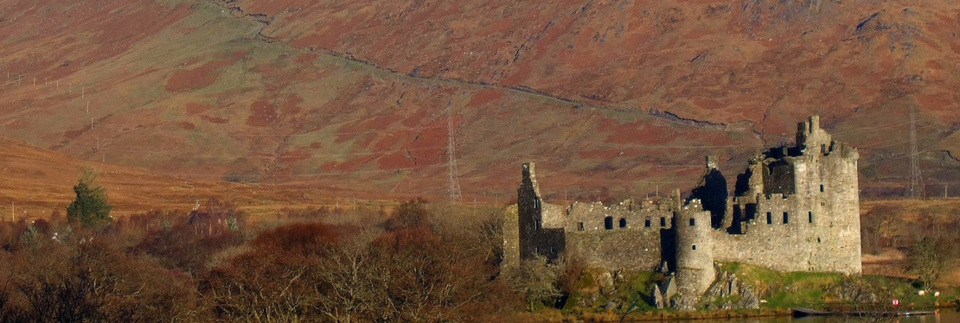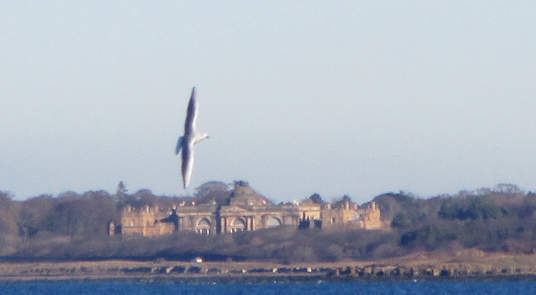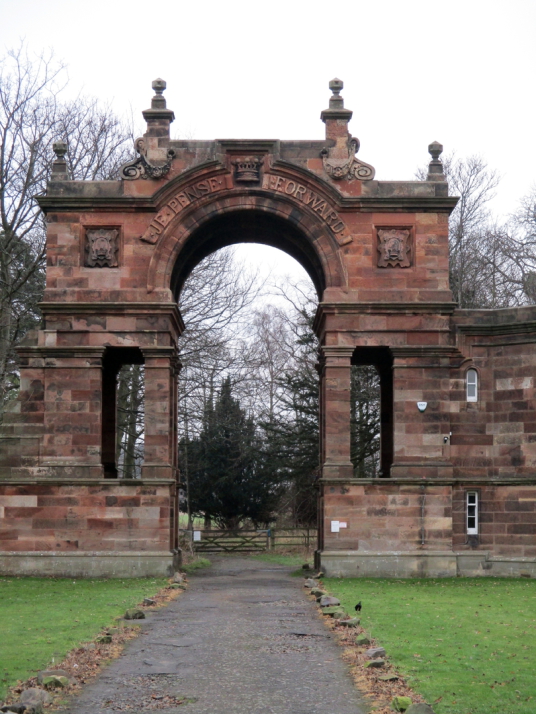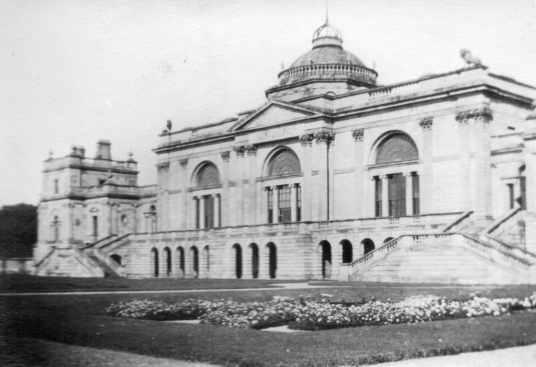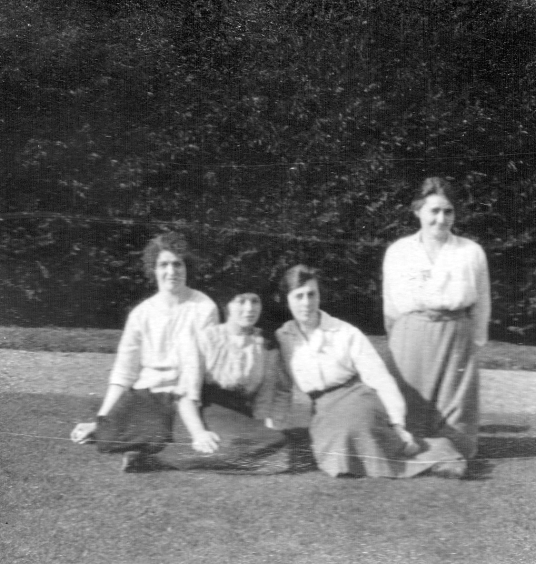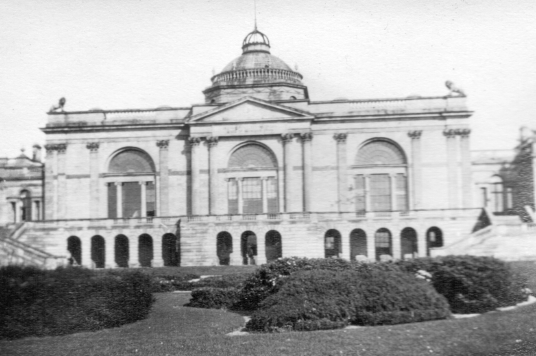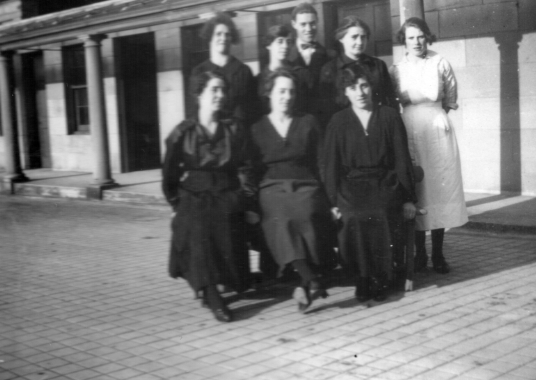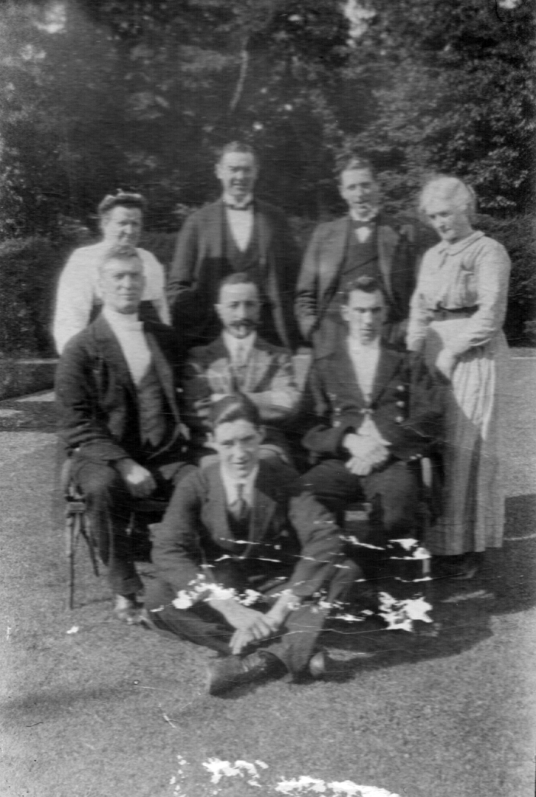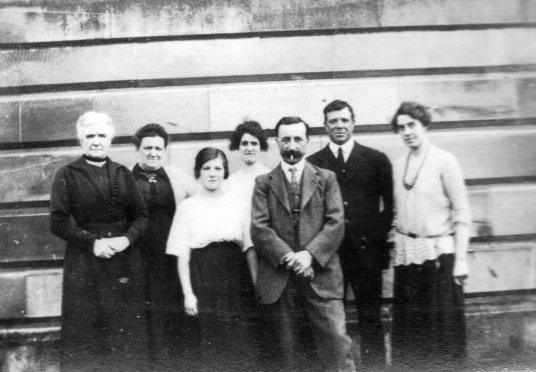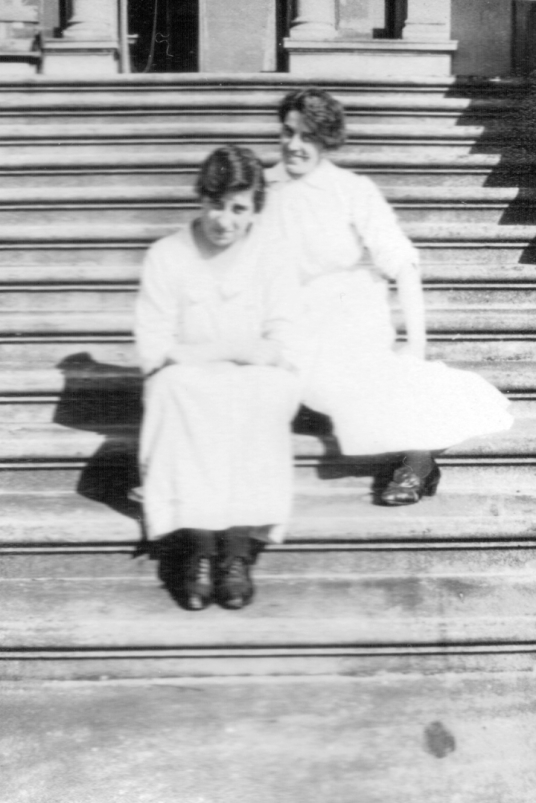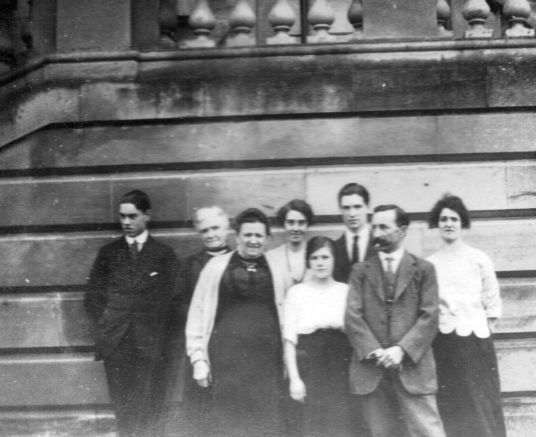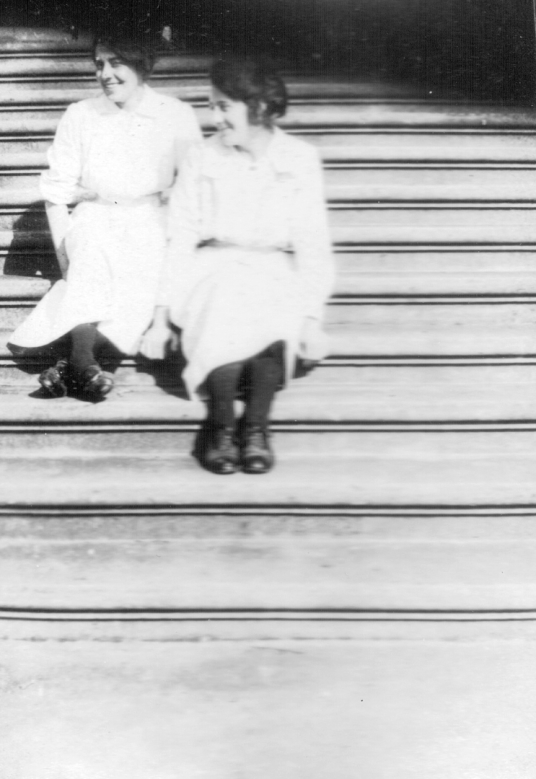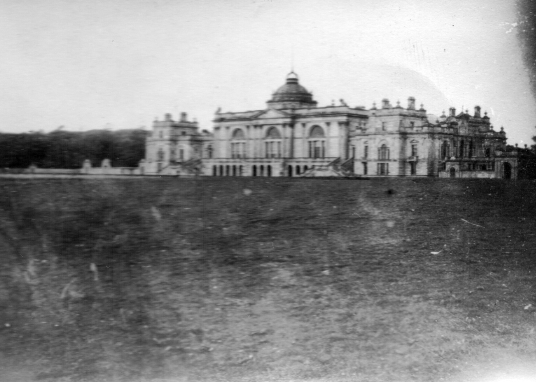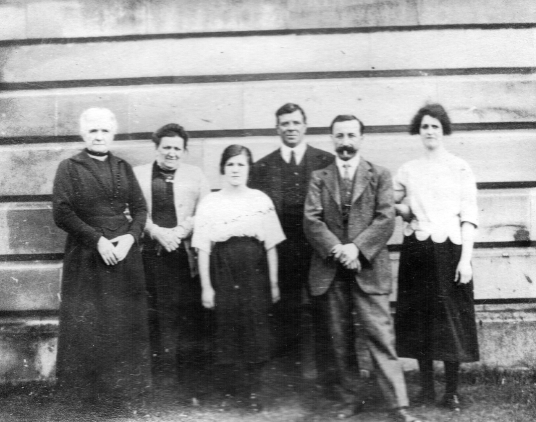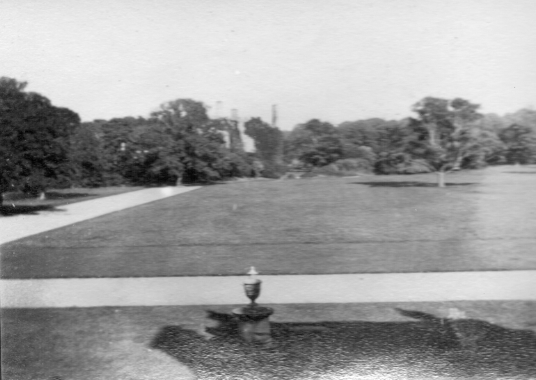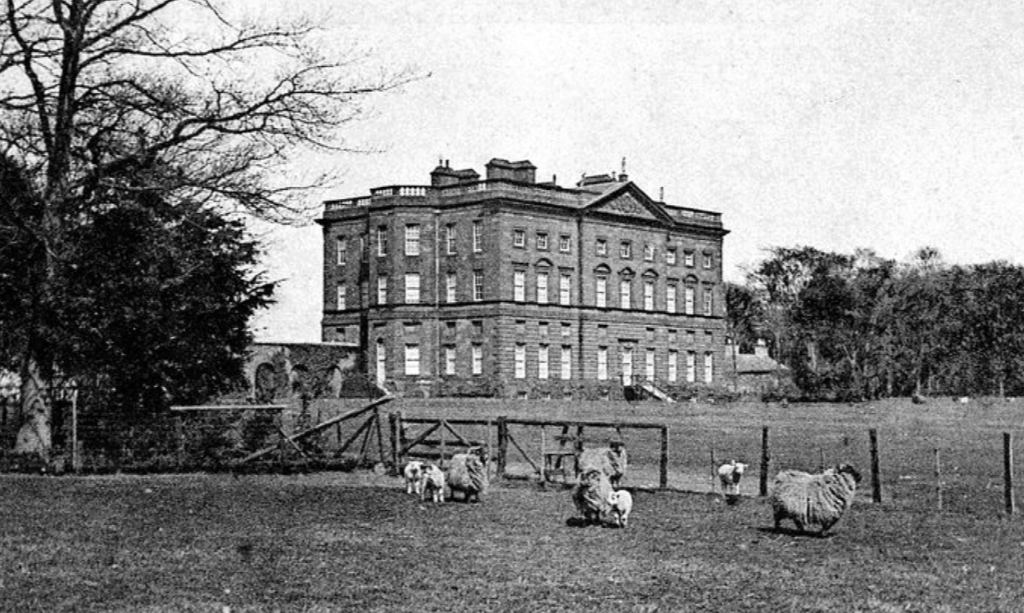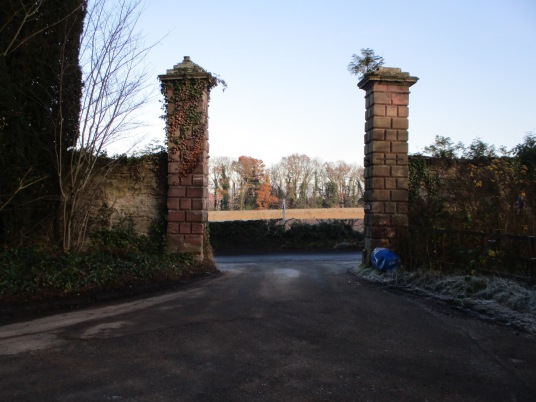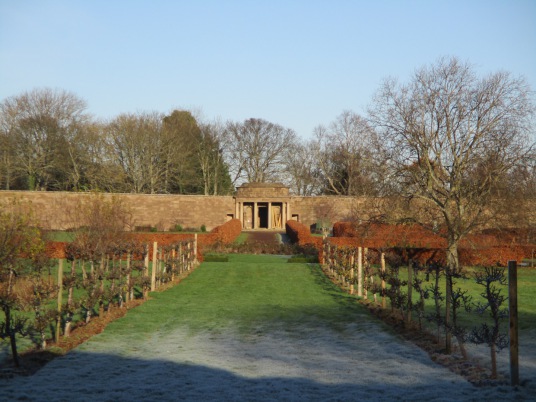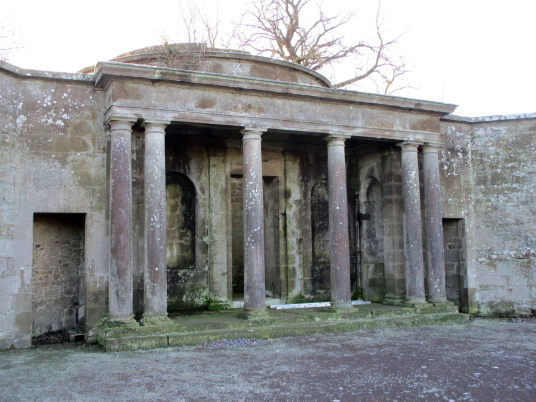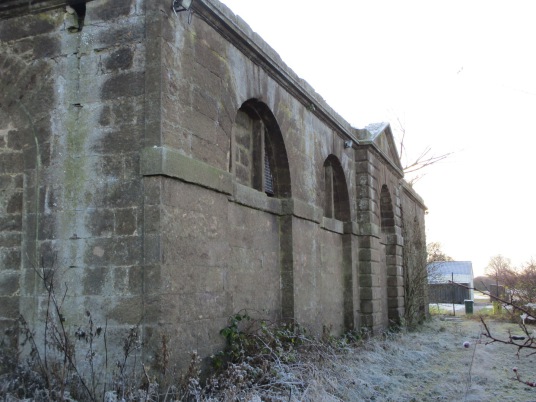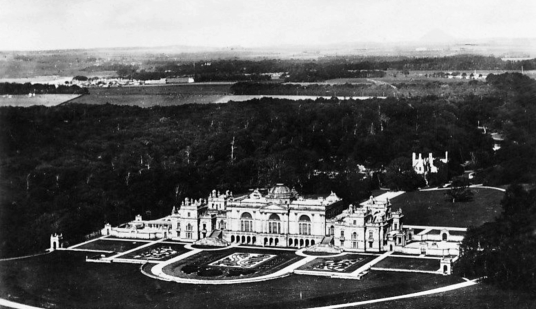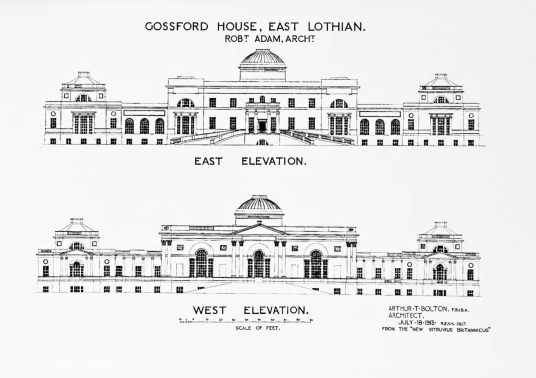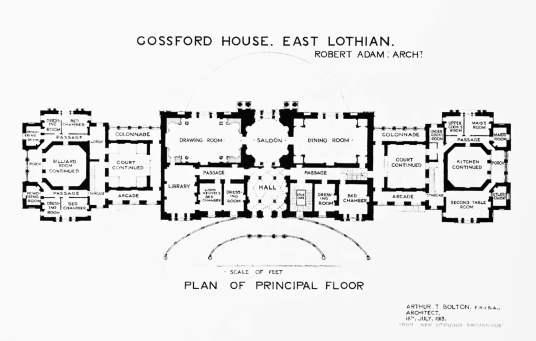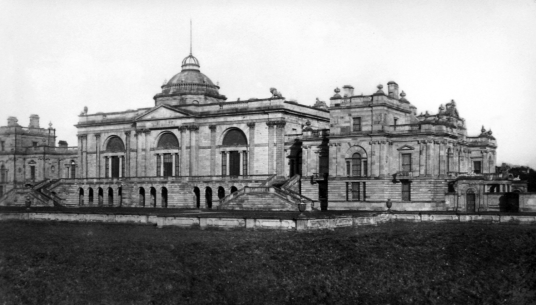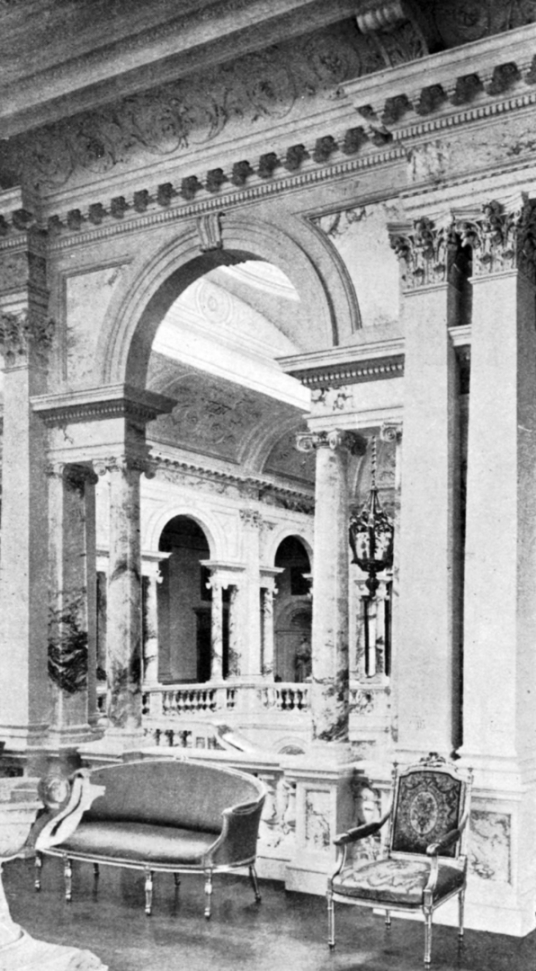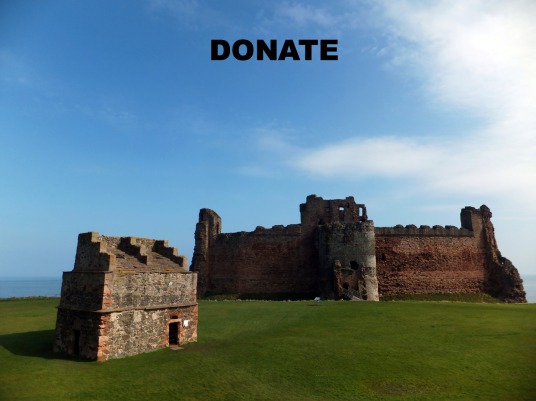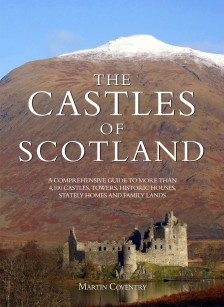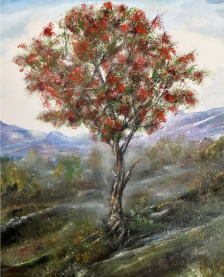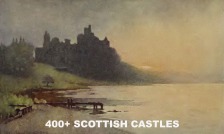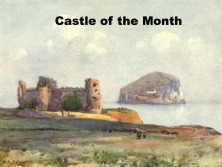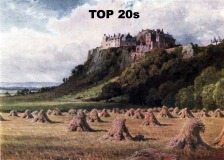Gosford House
Gosford House, the large and magnificent mansion of the Earls of Wemyss, set in fantastic landscaped grounds with pleasure grounds, woodland and ponds, standing near Longniddry in East Lothian in southeast Scotland on the banks of the Firth of Forth.
Gosford House
Lothians: About 2 miles north-east of Longniddry, on minor road south of A198, south of Firth of Forth, at Gosford House.
NT 453786 OS: 66 EH32 0PX
OPEN: Open Easter and some Thu-Mon in Jun & Aug for guided tours: confirm exact details with house. Events and weddings. Access to Pleasure Grounds with permit from Gosford Bothy Farm Shop or
from Estate Office.
Tel: 01875 870808 / 870201 (office hours) Web: gosfordhouse.co.uk
Amisfield Walled Garden
NT 529742 OS: 66 EH 41 4PT
OPEN: Apr-Sep, Mon-Sat, Jul-Aug, also Sun; Oct-Mar, Mon, Wed, Fri & Sat: hours vary, check.
Tel: 07704 049572 Web: www.amisfield.org.uk
Access from car park of Haddington golf course or from minor road to the south of A199, east of Haddington (signposted and parking).
Checked 290518.
Site of L-plan tower house, which had a small stair tower in the re-entrant angle with a turnpike stair. To the tower was added a new building, designed by William Burn in 1832, but this extension was demolished in 1885, as was the old tower in 1938. James V visited in the 1530s.
The site marked is on Blaeu’s map of The Lothians as ‘Gosforde’, and stood about 300 yards east of the present mansion, near the stables. ‘Gosfoord’ is marked on Adair’s map of East Lothian, and is depicted in laid-out gardens and woodland.
The property was held by the Murrays, Douglases, Sinclairs from 1458, and then by the Achesons from 1561, then by the Auchmutys from 1622. Sir John Auchmuty of Gosford was the Master of the
Highness’s Wardrobe of the kingdom of Scotland in 1633 (when the tower, fortalice and manor place are noted). Gosford went to the Wedderburn family in 1659.
The barony was sold in 1784 to the Earls of Wemyss (also see Wemyss Castle).
Photos from Gosford
My father died in October 2018 and when going through an old photo album I found a page from Gosford House. I know that my great aunt Mary Sinclair was in service at this time, but the photos were not captioned. The photos are small, the biggest is only three inches wide.
There is more info about Gosford below this section…
Amisfield House, near Haddington
The Charteris family were originally from Amisfield Tower, near Dumfries. Janet Charteris, heiress to a large fortune, married James Wemyss, 6th Earl of Wemyss, and their son Francis (mentioned below) inherited the Charteris fortune and name.
Newmills or Newmilns, near Haddington, was held by Sir James Stansfield of Newmills in 1685. World's End Close in Edinburgh was also known at one time as Sir James Stansfield's Close, as he had a lodging here. His son Philip, who was reputedly a great scoundrel, was convicted of his father's murder in 1688, apparently when he was about to be disinherited. The story goes that Sir James's corpse bled when Philip touched it, then believed to be proof of murder. Philip was executed and mutilated, he was hanged, then his tongue was cut out and burned, and one of his hands was severed to be nailed to one of the gates into Haddington.
Francis bought Newmills in the 18th century and renamed it Amisfield [NT 529742], demolishing an older house. Amisfield House, a classical mansion which dated from the mid 18th century, was a large, sumptuous and stately edifice in magnificent gardens and grounds.
The house was demolished in 1928 because of dryrot although some of the materials, including a fireplace, were built into the new house at Gosford.
The house was built by Francis Wemyss Charteris, styled Earl of Wemyss, who is buried on his own mausoleum at Gosford. The family had a burial aisle at St Mary's Parish Church in Haddington, and Francis Wemyss Charteris, Lord Elcho, (and son of the above) who died at Amisfield House in 1808, the same years as his father, was buried there. There were extensive and renowned gardens in the large park around the house.
The grounds had been used as a POW camp during World War II, and a golf course was laid out near the site of Amisfield House after the then Earl of Wemyss sold the lands to the local council in 1969.
The gate piers survive to the west and east entrances, as well as the massive walled garden with four ruinous neoclassical pavilions at each corner. The garden dates from the 1780s and is being restored. The impressive ruinous stables and an ice house also survive, as does a restored garden gothic house, believed to have originally been used as a doocot.
Gosford House, near Longniddry
In a 5,000 acres of fine landscaped grounds with extensive ponds overlooking Edinburgh and the Firth of Forth, Gosford House, a large and impressive mansion of two storeys and a basement, was designed by Robert Adam for Francis, 7th Earl of Wemyss (then also of March from 1826), although the wings were demolished, and then rebuilt in 1890 by William Young. Francis (the family name was then Charteris Wemyss Douglas), 7th Earl, is buried in the impressive pyramidical mausoleum in the grounds, and other notable features are the curling house and boathouse, as well as many geese and nesting herons.
From Punch, dated April, 1908:
Not heard much of late of Young WEMYSS. Silence accounted for. Been hatching a joke. Out to-day in Bill printed and circulated (at public expense), entitled an Act to Transfer all Private Property to a Commission. Lengthy preamble. Only one clause. This sets forth that property of all kinds, private and State, shall at the end of fourteen years be transferred to a permanent Commission, who shall manage and distribute it in the interests of Government and for the public good. Young WEMYSS not the man to evade consequence of his own creation. Does not forget one of old time of whom it was written "He had his jest and they had his estate." Means to afford practical illustration of working of his proposed scheme. To that end, so SARK tells me, he is prepared, in anticipation of the date mentioned in Bill, to hand over his private property to be dealt with in accordance with its provisions. No. 23, St. James's Place, will shortly be in the market. Gosford House and Amisfield House, both situated in Haddingtonshire, will have new tenants. Closed will be the hospitable doors of Elcho Castle, Perth. Neidpath Castle, Peeblesshire, will go the way of Hayes Lodge, whilst Stanway Hall will, figuratively of course, absolutely as far as its present proprietor is concerned, sink in Moreton-in-the-Marsh. Not often that a Member of either House bringing in a Bill is in position so strikingly to illustrate its working. Business done. Cost of Irish Administration discussed.
The house has a magnificent staircase and marble hall, although despite its size, now only has eight bedrooms. The house was used as a hotel between the wars, and then by the army during World War II and there was a prisoner of war camp in the grounds. The north wing is unroofed and a shell and the central block is being restored after damage from a fire in 1940 and dryrot.
The south wing is the family home of the Earls of Wemyss and March, now represented by the Charteris family. The family still own much property in East Lothian, including Redhouse Castle as well as Neidpath Castle near Peebles in the Borders. They also owned Seton Castle, and members of the family were buried in Seton Collegiate Church (see Seton Castle, above) and at Aberlady (see entry for Kilspindie).
The house featured in the 2000 movie House of Mirth, based on the book by Edith Wharton and starring Gillian Anderson, and in the 2011 supernatural drama The Awakening, starring Rebecca Hall. The house is used as a location for the stables at Verseilles in the second series of the TV drama Outlander.
